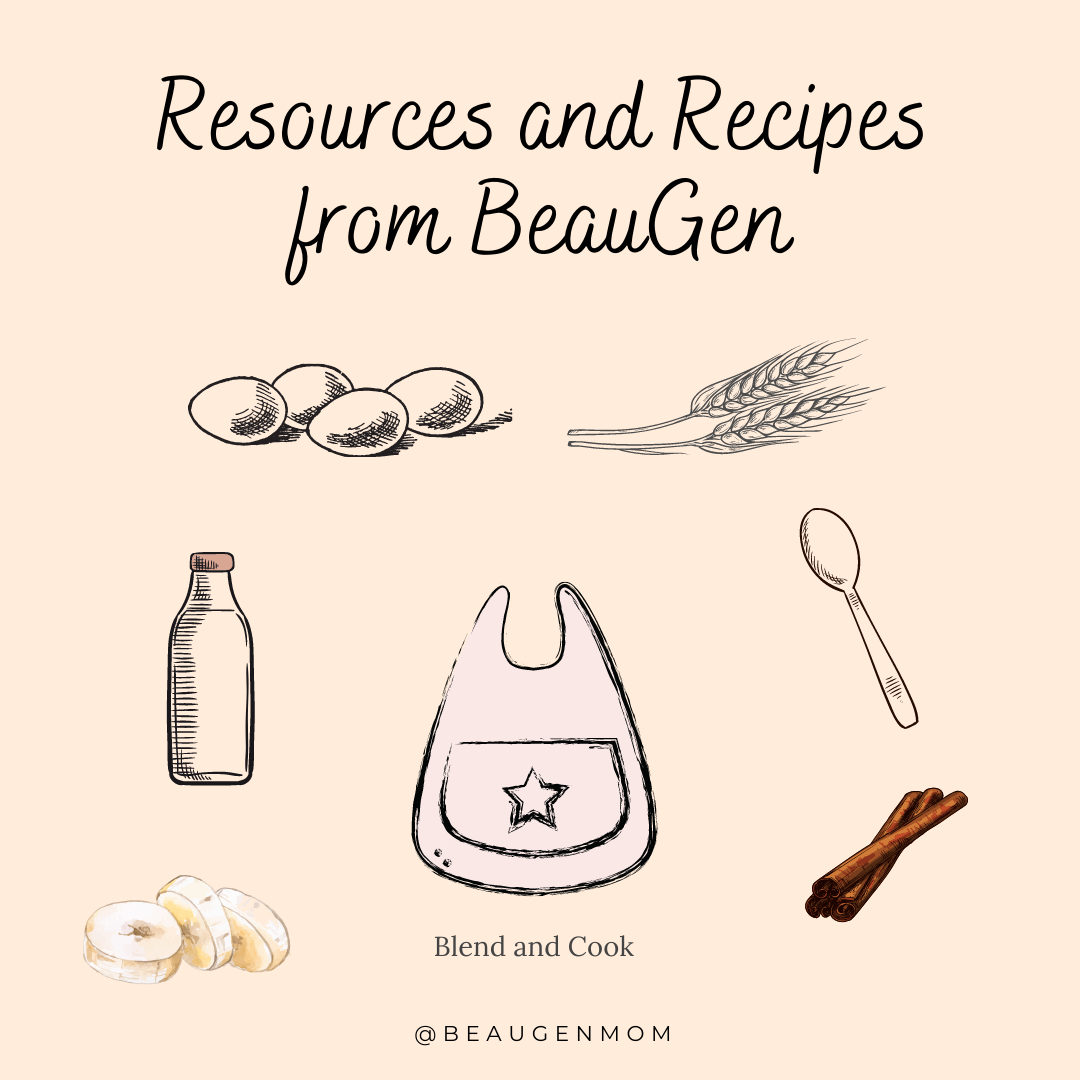Worried About Store Bought Baby Food?
Mommy Care Team
Find Alternatives and Resources for Making Your Own Baby Food Here
From the foods we put in their bellies to the diapers we put on their little baby bums, there are a lot of tough choices we make as parents. If you are worried about the source of your baby’s food, you aren’t alone. In fact, you’re in really good company! More and more parents are making the choice to forgo large store brand baby food, or seek alternative sources for wholesome foods that provide parents with more options and control over their baby’s nutrition and development.
Alternatives to Big Brand Baby Foods:
Boutique Brands
Now that we are shopping for just about everything online, why not order your baby’s food online as well? Today there are a number of organic, perfectly portioned, or mix at home baby food options for parents. You can choose from brands like Amara Organics, Little Spoon, Tiny Organics, Yumi, and more!
Most of these brands offer simple pureed foods as well as options that grow with your baby as their nutritional needs and development change. Depending on the brand you can choose a subscription option that will save time by recreating your order for you every month.
Subscription Boxes
As this popular trend expands, so do our options! Now we can choose baby food subscription boxes for perfectly curated meals for our littles. While having choice over the flavors and foods we offer our babies, there is something to be said for leaning on nutritional experts and having them lead us and our little ones on a journey to discover new flavors and textures. Choose from brands like Yumble, Nurture Life, CereBelly, SpoonfulOne, Lil’Gourmets, and Raised Real.
Making Your Own Baby Foods
You don’t have to be crunchy to make your own baby food. Making homemade baby food might seem daunting in terms of where do you begin? How do you make sure your baby is getting wholesome nutrition? What foods are easy to start with? Remember that in the first year, you are really just introducing new foods, textures, and flavors. That should take the pressure off a bit. If you’d like more information on how and when to introduce these foods check out this post.
Baby Food Stages:
When you buy large brand baby food, you can easily tell which foods to feed to your baby based on their developmental stages by the Stage 1, 2, and 3 categories. When making our own baby foods at home, we can still go by these rough dietary guidelines. Stage 1 is around about four to six months, when we first introduce foods to our baby. Stick with simple fruits and vegetables, and single grain cereals. Stage two is between around six to eight months. During this stage, the simple purees we fed before can be a bit thicker. Continue with fruits, veggies, and grains, but you can also begin to introduce meats. Finally stage three is from ten to 12 months. Here you can start to introduce well cooked whole foods (like those we would), finely chopped for little baby fingers. Foods like chicken and pasta are often favorites.
Tips and tricks for Making Homemade Baby Food
Roasting or cooking foods in your oven for hours isn’t the only way to make fresh baby food. If you have an instant pot, you can cook perfect portions of fresh baby food in a fraction of the time. Follow this guide from Piping Pot Curry.
After cooking the food in the Instant Pot, use a blender to puree the fruits and vegetables fully for stage one foods, and for a shorter amount of time for stage two foods. Thin the foods with breastmilk or formula to assist with blending and get the consistency your baby prefers.
Making a variety of purees and freezing them allows you to mix and match flavor combinations for each meal. Simply use an ice cube tray to freeze perfect portions of food and pop them into ziplocks or a Junobie Bag for storage.
Favorite Recipes from BeauGen
Stage One and Two




Stage Three Baby Food



